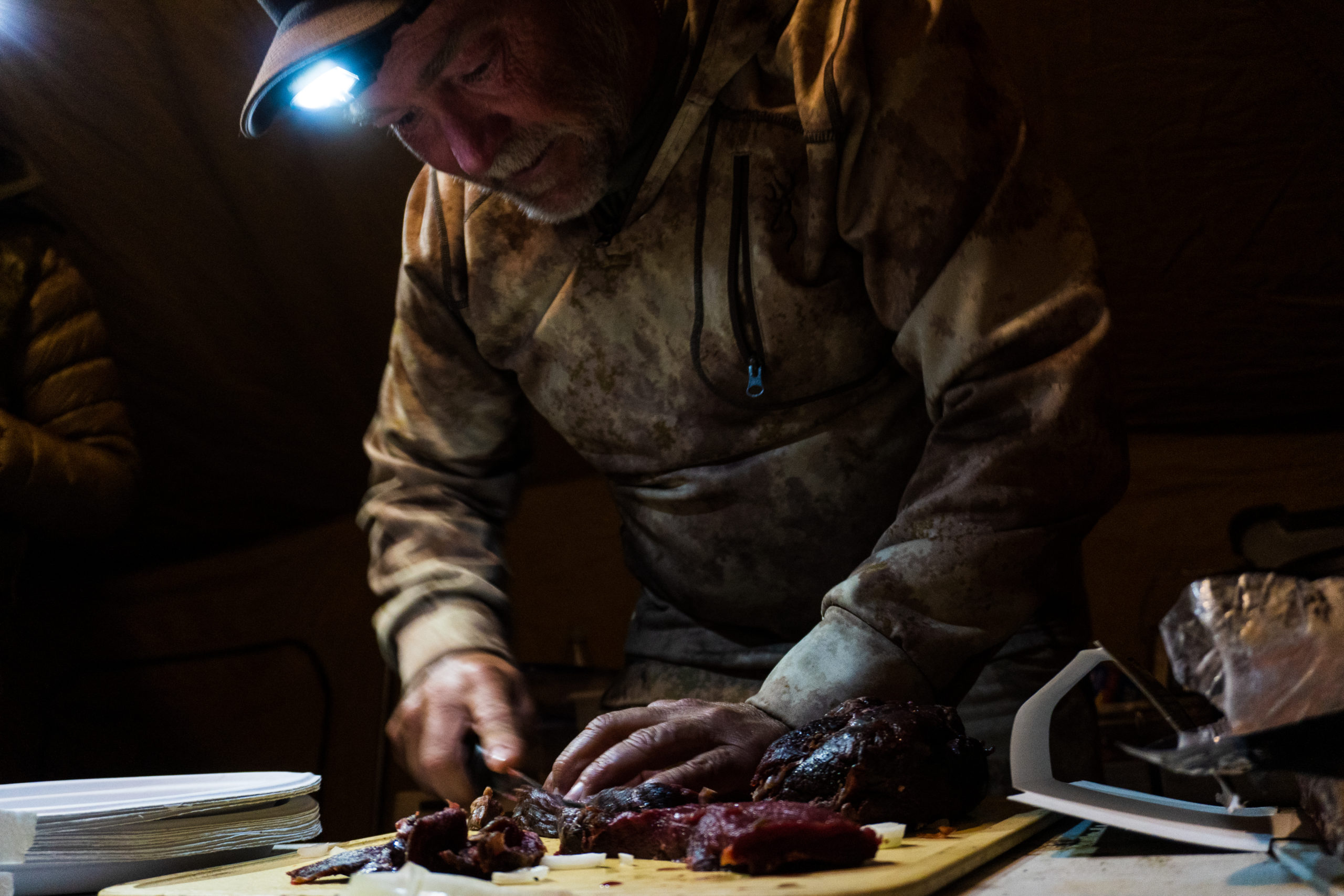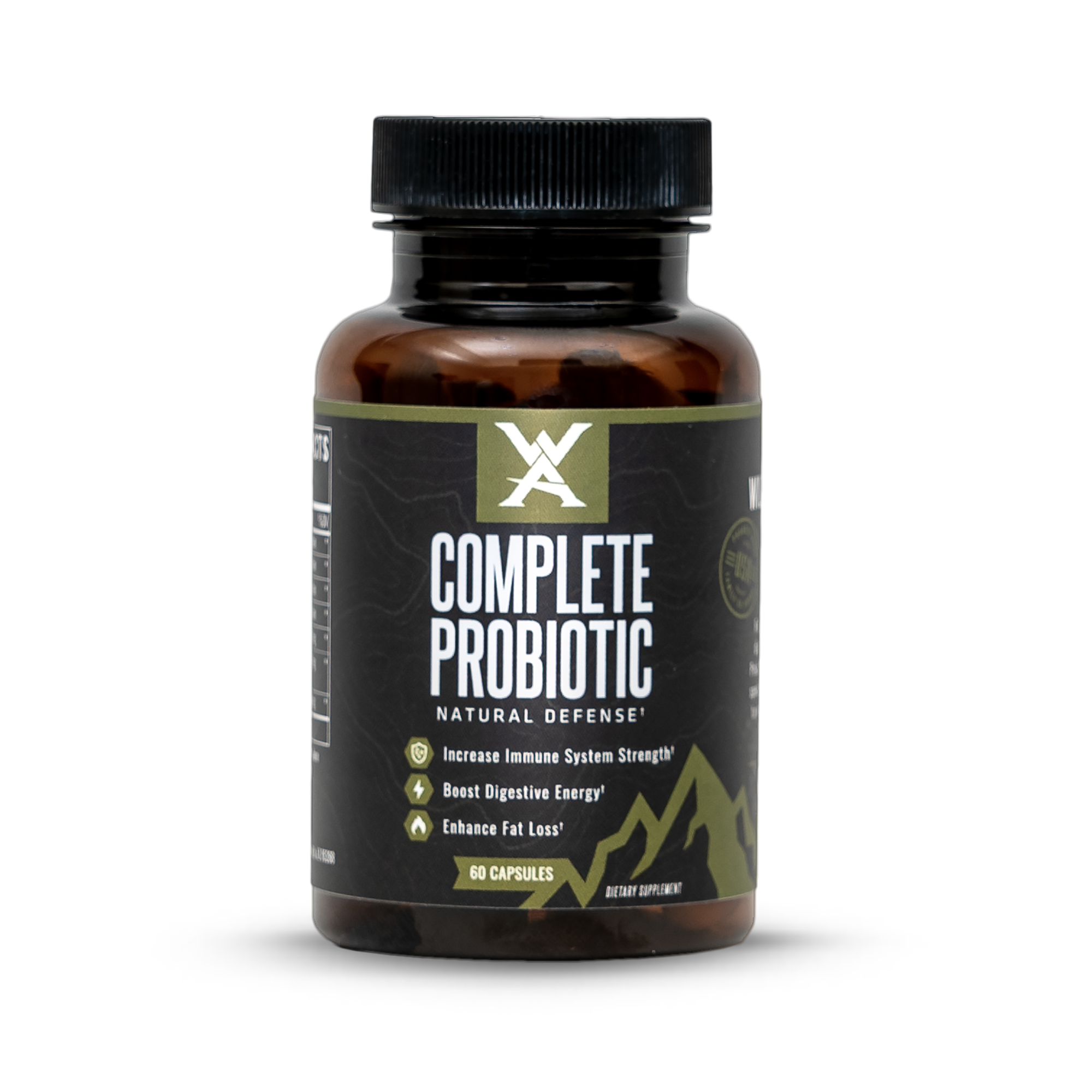Bugs
"The Gastrointestinal Microbiome"Gut bugs are big news right now, the ‘gastrointestinal microbiome’ in fancier terms. But like many concepts that have trickled down to us from the brainiacs in the labs, there’s a lot of confusion about what exactly all the excitement is about. As I’ve been learning about the microbiome, I’ve found that it is fascinating, and not just a little creepy.
The brainiacs tell us we have 15 trillion cells in our body. I’m taking their word for it since I don’t have time to count. Here’s the creepy part: we have 100,000 TRILLION microbes in our bodies! That’s 1,000,000,000,000,000,000 bacteria, viruses, fungi, protozoa in every single one of us. Our cells are seriously outnumbered. The majority are in the gastrointestinal tract, but there are also flourishing colonies of bugs on our skin and in the lungs- basically anywhere that is external to our bloodstream, which should be essentially sterile.
The concept of our GI and respiratory tracts being external is a little counterintuitive at first, but when you remember they are essentially tubes and pouches that move elements to and from our exterior environment, it makes a little more sense. When healthy, both of these systems have very sophisticated mechanisms for processing food and air and then transferring appropriate molecules into the bloodstream. More on this later.
Teamwork makes the dream work.
Further along the fascinating/creepy continuum is the fact that your cells don’t digest your food, your bugs do! Well, that’s probably an overstatement since your cells can also break down macronutrients into glucose and fatty acids, but they could never produce sufficient energy without the help of all those microbes who are doing the same thing.
Likely no one will ever know what percentage of energy molecules are produced by who, since someone without any gut bugs at all would be, well, dead. This is a symbiotic relationship at it’s finest- talk about teamwork!
Your bugs get to live in this dark, moist, full of- food (what did you think I was going to say?) environment which to them is nirvana. By way of thanks, they process the macro and micronutrients in your gut into a form that you get to use as fuel and building blocks for cell renewal. Pretty sweet deal really, but typically we don’t do nearly enough ‘thanking’ those bugs in return.
Nature never wastes effort.
If we are host to that many creatures, there’s a good reason. I think of it simply- they are the source of our strength! Our physical strength, our immune strength, and even our mental strength! The physical impact is the most obvious; the organisms convert glucose and fatty acids, so it follows that the more healthy your microbiome, the more strength and energy you can harness. Healthy immune function also depends heavily on the microbiome since a large percentage of immune system cells reside in the GI tract full time. There they are constantly monitoring the gut to learn which bugs are good neighbors and are doing their jobs well, and which ones are trouble- no mercy there.

The ‘Second Nervous System’
Even more interesting, scientists are discovering links between the health of our microbiome and the health of our brains. The subset of GI organisms called the psychobiome are critical for brain function, so that the gut is now known as the ‘second nervous system.’ Turns out once again our ‘unsophisticated’ ancestors knew this ages before it was ‘discovered’ recently- even children can understand having butterflies in their stomach, or feeling punched in the gut when betrayed. Gut feelings are real and critical, since the GI system is our brain’s most direct source of information from the outside world! Important stuff when your job is to keep the human carrying you around alive and well.
So hopefully you are convinced that keeping this legion of bugs inside you healthy and happy is the most important way to maintain your own health and strength.
What does that mean?
It all starts with the foods you eat- and don’t eat.
If you’re reading this, chances are you try to eat clean- no preservatives, grass fed/pasture raised meats and eggs, no fake additives and fillers. But we also need to eat dirty! Avoiding animals that have been treated with antibiotics is a start, but eating foods that are rich in good bugs is even better!
Mostly this means fermented foods, foods that arrive in your digestive system with a healthy supply of helpful organisms, or probiotics, on board. Dairy foods like kefir, sour cream and raw cheese (check labels, you want cultured dairy products and unpasteurized cheese) are rich in probiotics, as is kombucha and sauerkraut. Vegetables pickled in salt are also a great source, but be careful since most ‘pickled’ vegetables available now are (including actual pickles!) are prepared using vinegar. While they are delicious, the vinegar kills all the bugs so no microbiotic benefit there. BTW, making your own sauerkraut is stupid easy and cheap, and tastes fantastic- much better than what you can buy. Check out how-to’s online.
Building your team is the first step, but then you need to feed them! Your bugs can survive on the foods you eat, but in order to truly thrive they need certain forms of fiber called prebiotics.
Foods that your microbe team loves include garlic, onion, tomato, barley, honey, milk, and asparagus. There are two main types of edible fiber, soluble and insoluble- you and your bugs need both. Most foods contain a mix, best bet is to incorporate plenty of vegetables (especially root and cruciferous vegetables), nuts, and seeds in your diet. Fiber is not only important for your microbes, it’s also great for your cardiovascular health, glucose regulation, and bowels, so it’s a win-win.

Grains are conspicuously absent in my list of fiber containing foods above. They do contain lots of fiber, and for 40 years we were told to have them form the basis of a healthy diet (remember the food pyramid?) Sadly, that ‘education’ was based on faulty science that was propped up by the powerful wheat and corn lobbies.
For a deeper look into this issue, I’d suggest Grain Brain and Brain Maker by David Perlmutter, MD. The short story is that grains in high ‘doses’ have only been available to humans once they began cultivating them around 10,000 years ago, and they never formed the bulk of the human diet until much more recently.
The problem is, human’s digestive systems and microbiome were evolving for at least 250,000 years without grains, so when presented with large amounts of grains, they simply cannot keep up. Technically, grains can be digested but there’s a cost: chronic inflammation in the gut.
When short term and in response to an injury or pathogen, inflammation is absolutely essential to the healing process. When chronic in any area, it’s bad news and associated with every chronic disease known! In the digestive system, it results in leaky gut, meaning that the usually tight junctions between the cells of the colon become loose and disjointed. This is important because normally the only things ‘allowed’ into the bloodstream are very small molecules like glucose and micronutrients.
Bigger proteins, food particles, and bacteria are NOT welcome and when they are able to penetrate the intestinal wall, the immune system has to kick into overdrive to manage the intruders. All those microbes that are so helpful when external (colon) turn into a nightmare when they penetrate the interior! From there, it’s easy to imagine the connection between leaky gut and an entire array of autoimmune disorders, as well as other chronic diseases caused by an overwhelmed immune system.

Living dirty otherwise helps too! Avoid overwashing your skin, which is crawling (there it is again, ewww…) with helpful bacteria that act as sentries and don’t let the bad guys get a toehold. Literally playing in the dirt allows your skin, mouth and lungs to replenish the helpful organisms and to diversify the colonies- the more strains of organisms present, the more benefits to the system. This goes for animals too! We diversify each other’s biomes when we live in proximity with each other. It used to be popular to say that people living on farms were healthier because of all the clean air, turns out it is actually the dirty earth!
Also important- avoid poisoning those bugs you’ve worked so hard to cultivate. Filter your water since fluoride and chlorine in tap water are designed to kill microbes. Never use antibacterial wipes, gel or spray; all that accomplishes is killing the good guys and selecting for stronger strains of the bad ones. Most of the time for minor infections in a healthy system antibiotics are NOT necessary- consult a naturopathic or functional medicine physician before taking them.
So, build your creepy team. Eat bugs whenever you can, feed them well, stay a little dirty and never waste an opportunity to let your dog lick your face!





